Covivio Newsletter
Understanding tomorrow's city
- Find out all the Covivio news every month
- Discover our latest projects: offices, residential, hotels
- Decipher the city and its challenges with our Expert Views
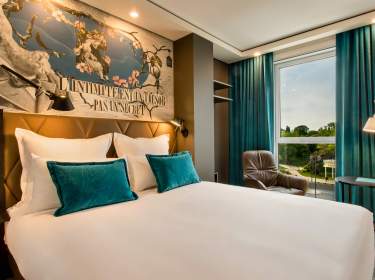

Holding a portfolio of 311 hotels in 12 countries valued at €6.4 billion at the end of 2023, Covivio (through its subsidiary Covivio Hotels) is the leading real estate partner of hotel operators in Europe (AccorInvest, IHG, NH Hotel Group, B&B Hotels, Meininger Hotels, Radisson Hotel Group, etc.). Covivio is able to support hotel chains in their property leasing, operating and development projects and stands alongside them in the most dynamic cities.

Covivio is contributing to the renewal of the hotel offer in Europe by identifying the most innovative concepts and forging partnerships with lifestyle brands.
leasehold
premises and business
Covivio manages its hotel portfolio via two main management methods: leaseholds and premises and business.
Leased hotels account for 62% of the portfolio, with an average residual lease term of 11.8 years. The portfolio is mainly leased to AccorInvest (20%), in France and Belgium, and comprises budget (Ibis) and mid-range (Novotel, Mercure) hotels. In the United Kingdom, the leased hotels are leased to IHG (13% of the hotel portfolio). Lastly, the other leased hotels are leased to B&B, NH Hotels, Motel One, Barcelo, Hotusa, etc. under long-term leases.
Premises and business hotels (38% of hotel assets) are mainly located in Germany (especially Berlin) and France.
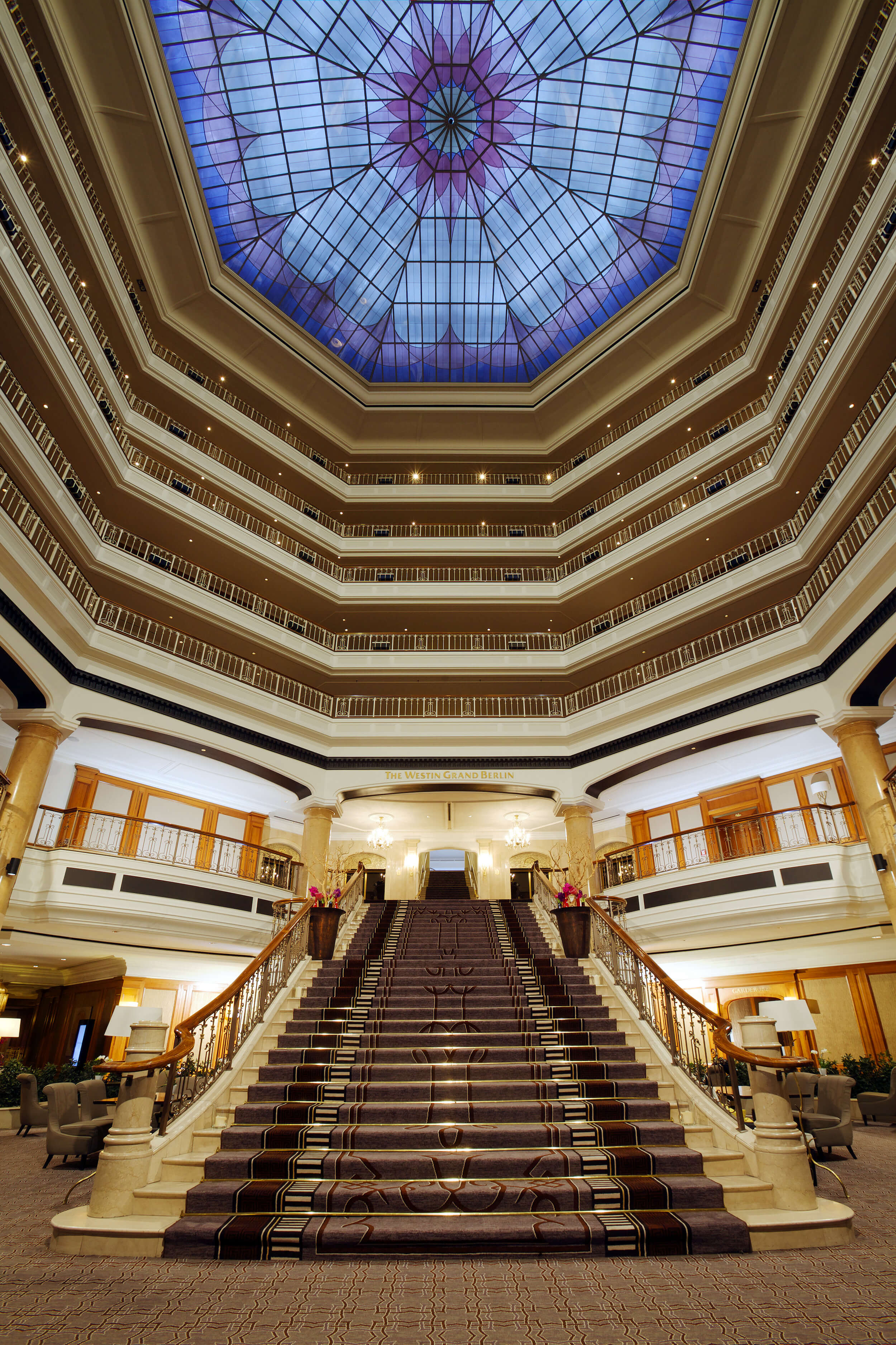
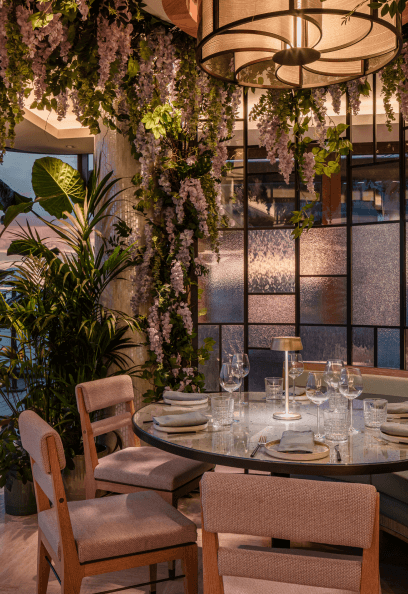
WiZiU is Covivio group’s hotel management platform. Its business is to manage hotels in France and Belgium, either directly or via franchise agreements with well-known operators such as : Accor, Hilton, IHG and Marriott.
WiZiU is involved in all stages of hotel management and operation. WiZiU is convinced that aligning the interests of all stakeholders (teams, customers, operators, partners and owner) is the best way to create value.
The plateform firmly believes that people are the keystone of hotel sector and business. WiZiU thrives on meetings, teamwork and dialogue with all those who make up the life of our hotels. This collective spirit, this lively approach to the hotel business: it’s WiZiU’s DNA!
Our establishment comprises 109 lofts as well as co-working areas, a restaurant, bar and spacious rooftop. Workspaces and social areas open to all, in keeping with the Stream Building’s ecosystem.
Didier Quinot
General Manager, Zoku

Hotel design plays a crucial role in improving the customer experience. It’s not just about aesthetics, but also about functionality and comfort. Good hotel design creates a welcoming and relaxing atmosphere, while meeting guests’ expectations and practical needs.
Sustainable design is also a growing trend in the hotel industry. Using recycled materials and installing energy-efficient lighting and air conditioning systems are practices that not only reduce a hotel’s ecological footprint, but also enhance the guest experience.
This is a key question nowadays: clients expect much more from a hotel than just a room and the usual services. They want real experiences. Whether you’re talking about local specialties on the restaurant menu, a choice of welcome gifts and courtesy products from the region or suggestions for activities and excursions, it is essential to offer clients unforgettable experiences.
Cristina Hoyo
director hotels southern europe, Covivio

Welcoming, multi-service hotels are becoming venues for tourist experiences that open up to the surrounding city. And to integrate the city into the life of the hotel, operators are transforming their offer and inviting in local residents. These developments can be seen in the new hotel layout, which offers a variety of spaces and uses designed to create a lively atmosphere and offer more opportunities for sharing and meeting people in bars, restaurants, co-working spaces and rooftop terraces.
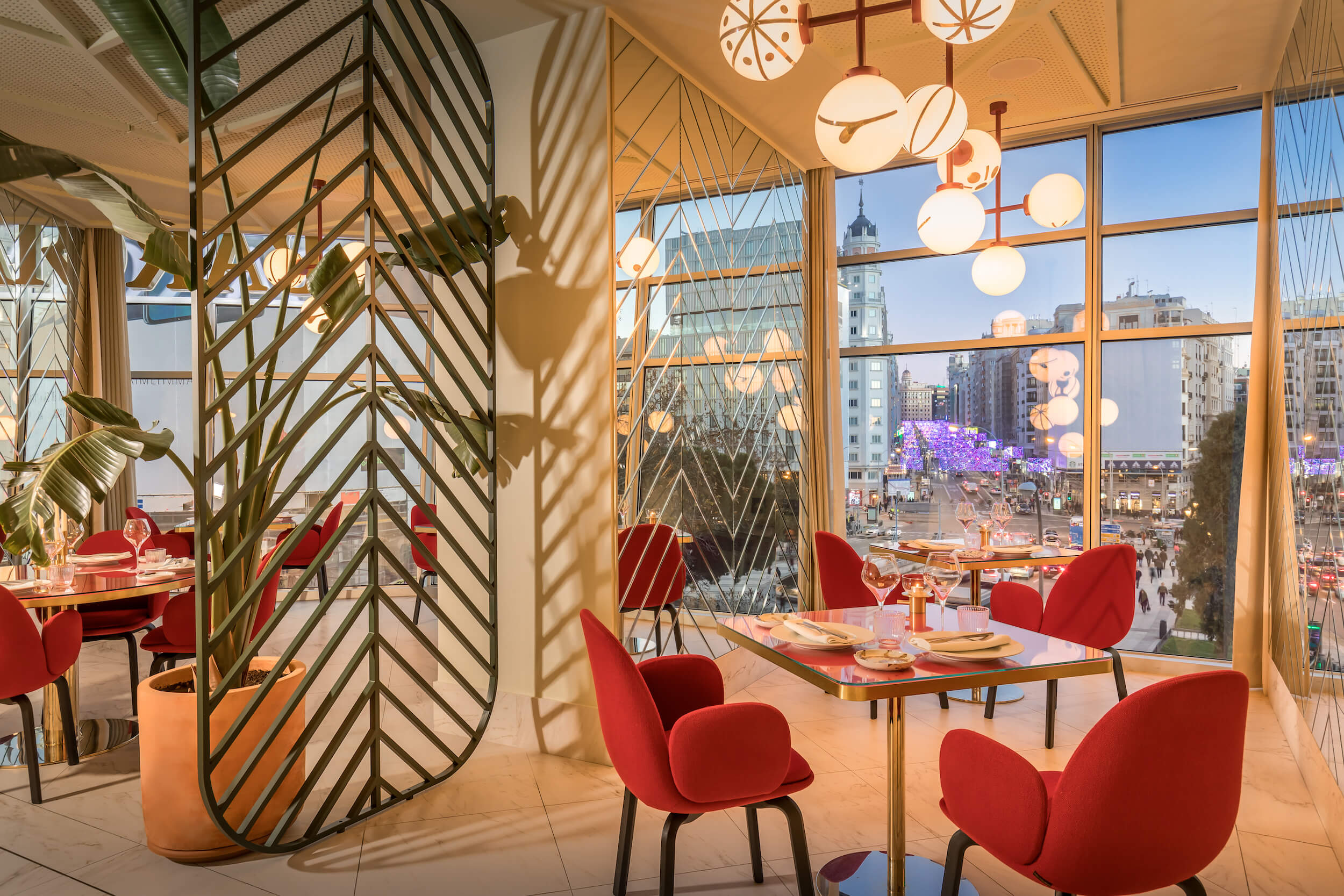
It is essential for us to work in close partnership with brands in the process of developing their own strategies for reducing carbon emissions. This involves not only meticulous planning of projects designed to improve performance, but also helping tenants optimise the operation of their establishments.
Tugdual Millet
CEO Hotels, Covivio
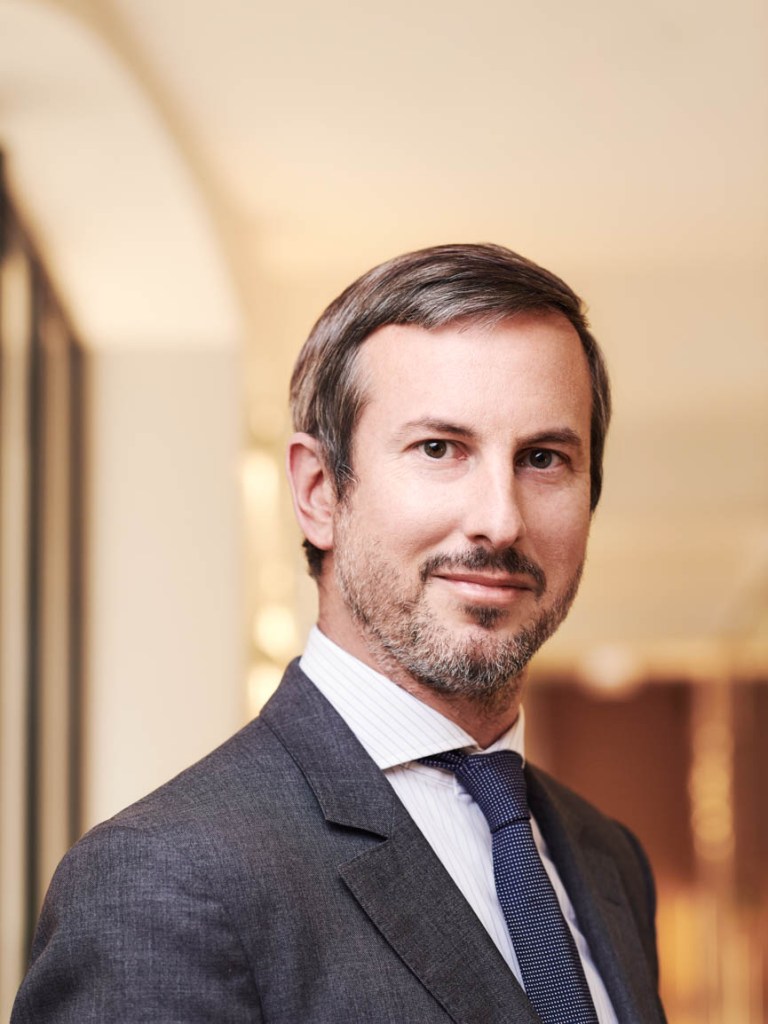
Labels and certifications enable the hotel sector to guarantee the highest standards in terms of sustainability and environmental responsibility.
One of the main labels is Green Key certification, which is awarded to hotels that meet rigorous criteria in terms of energy, water and waste management and the purchase of environmentally-friendly products. Green Key certified hotels must demonstrate an ongoing commitment to improving their environmental performance.
The European Ecolabel is a label which guarantees that establishments comply with strict ecological criteria, covering the entire supply chain. The label encourages sustainable practices such as using local products, reducing waste and improving energy efficiency.
LEED (Leadership in Energy and Environmental Design) certification is also very popular. It assesses buildings on several aspects of sustainability, including energy efficiency, water management, indoor environmental quality and design innovation. LEED-certified hotels are recognised for their sustainable construction and management.
billion in hotel assets in Europe
hotel operator partners
of hotels located in major European destinations
Expert analysis
Expert analysis
Expert analysis